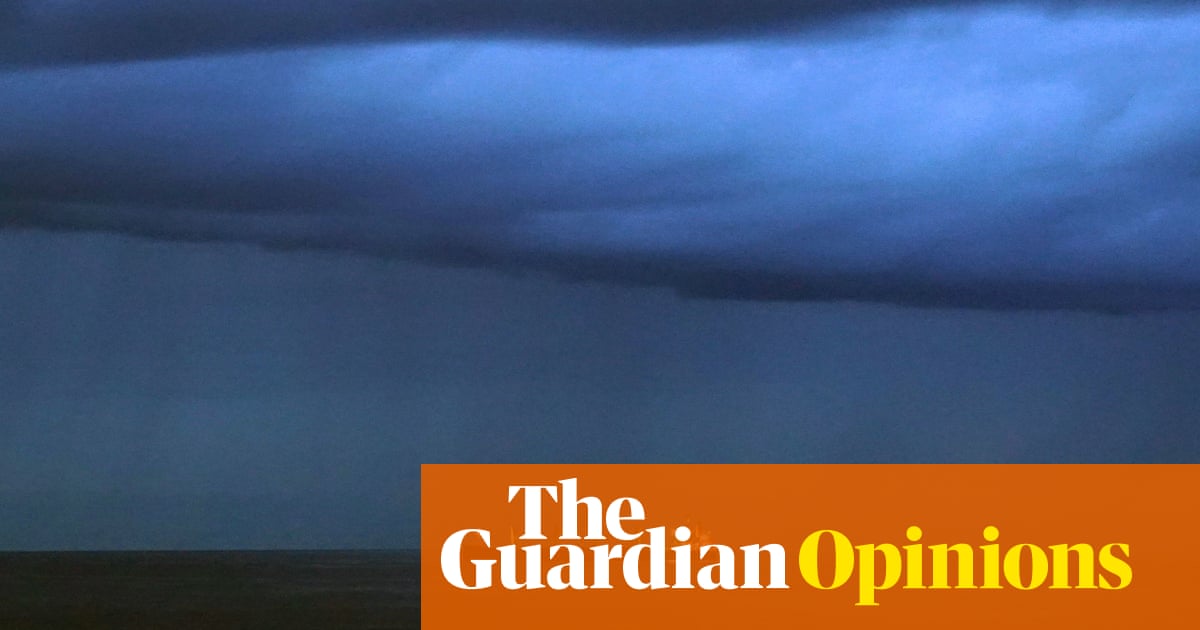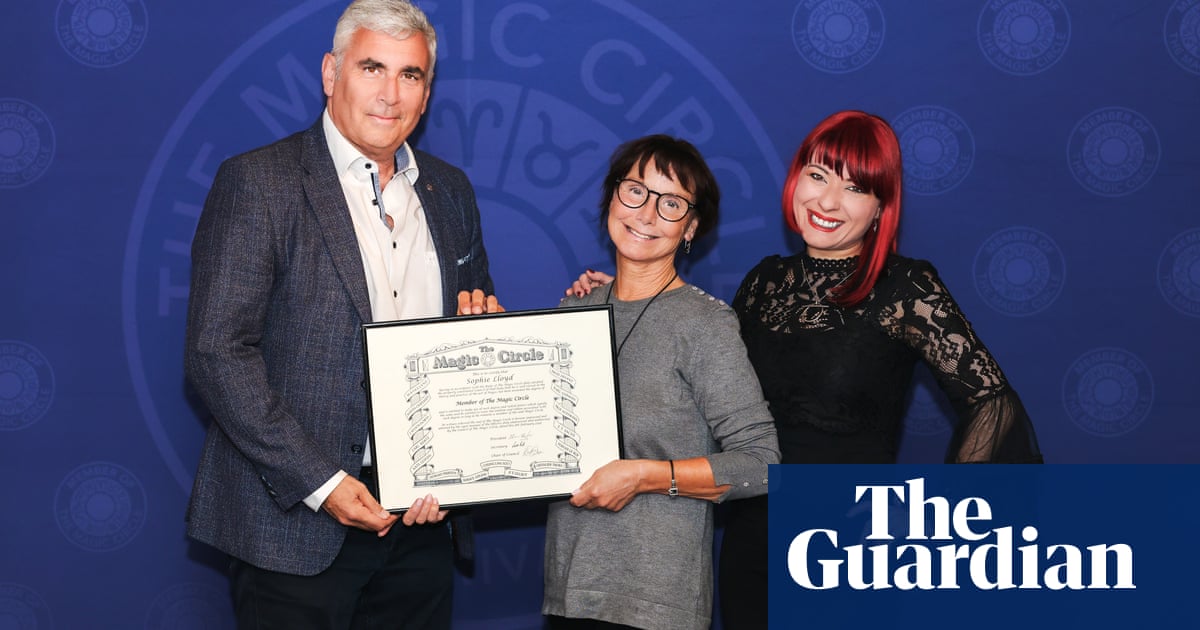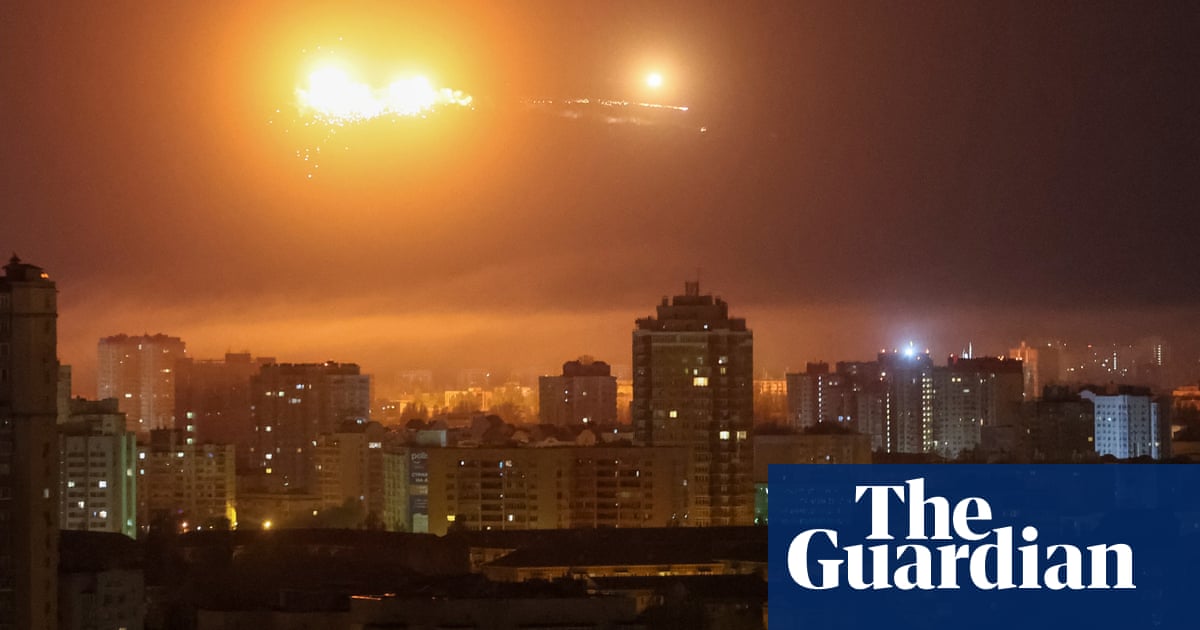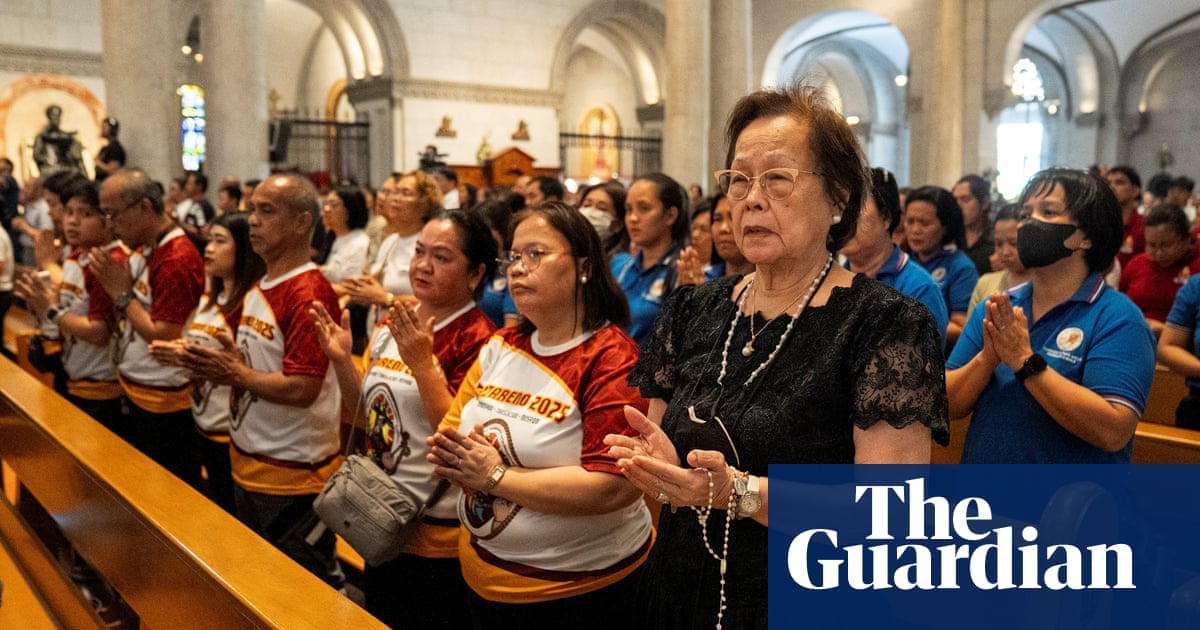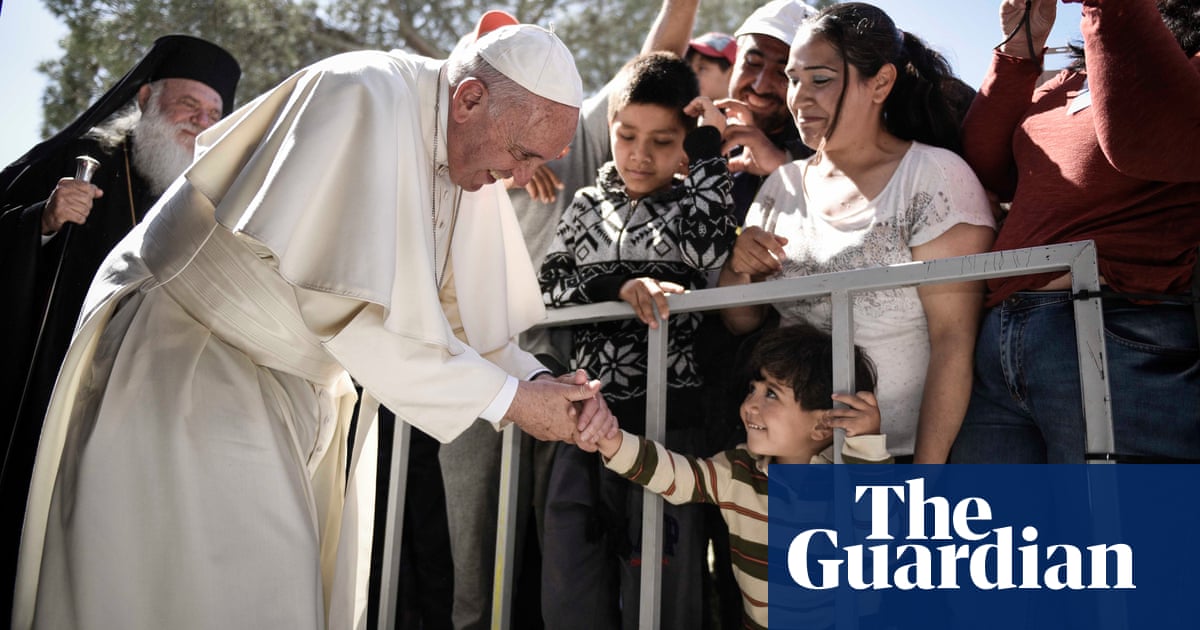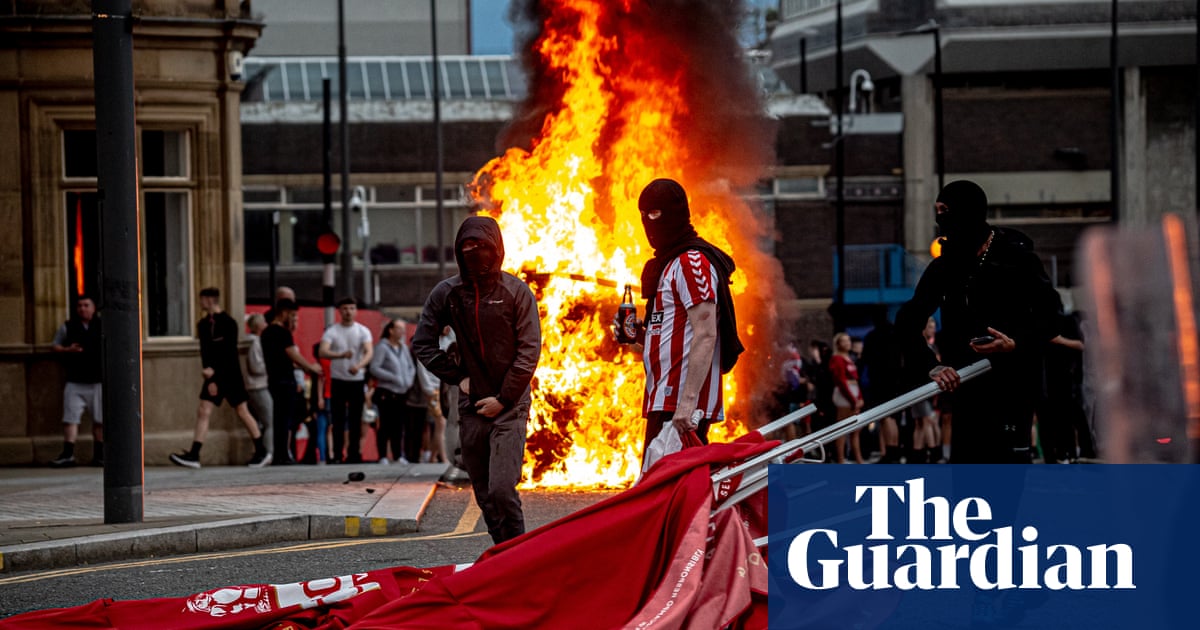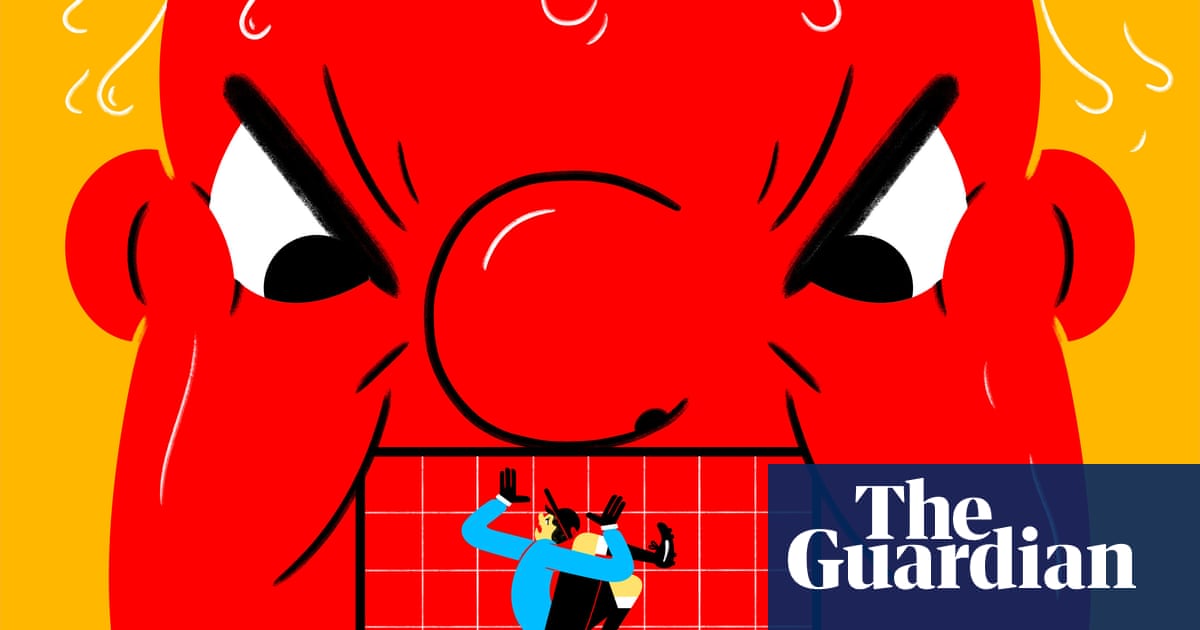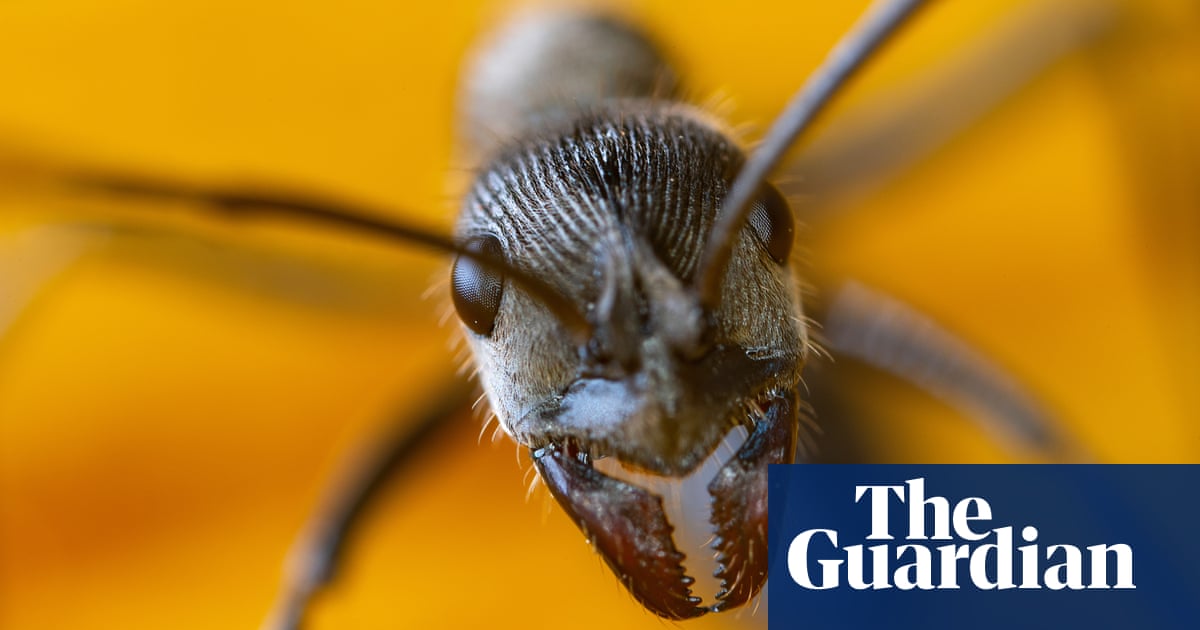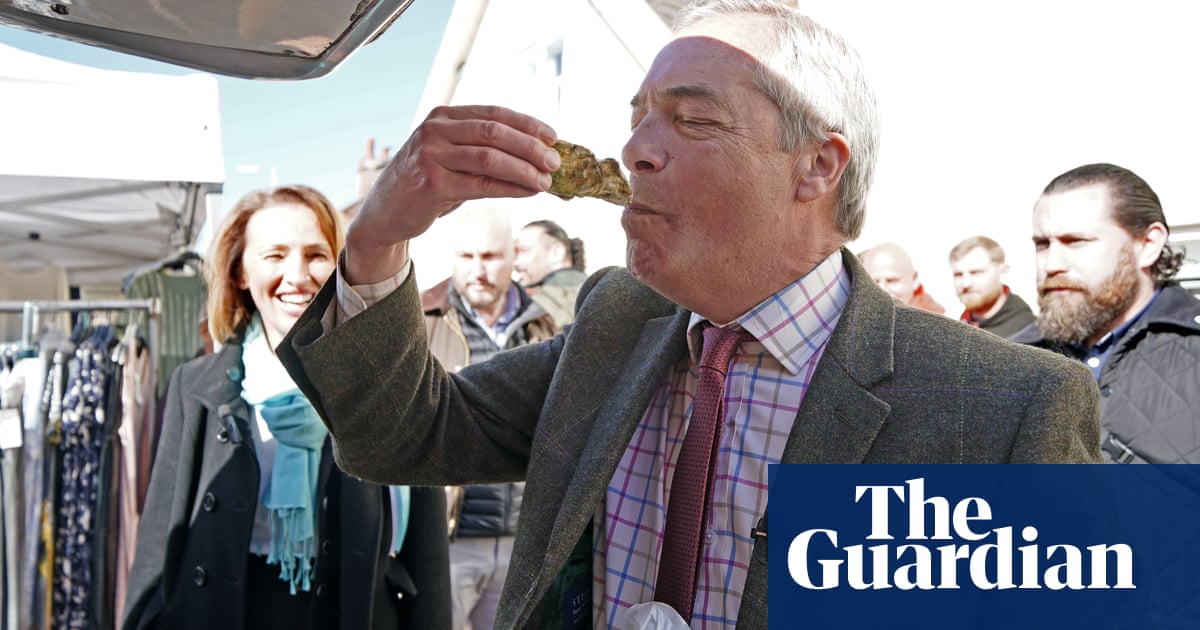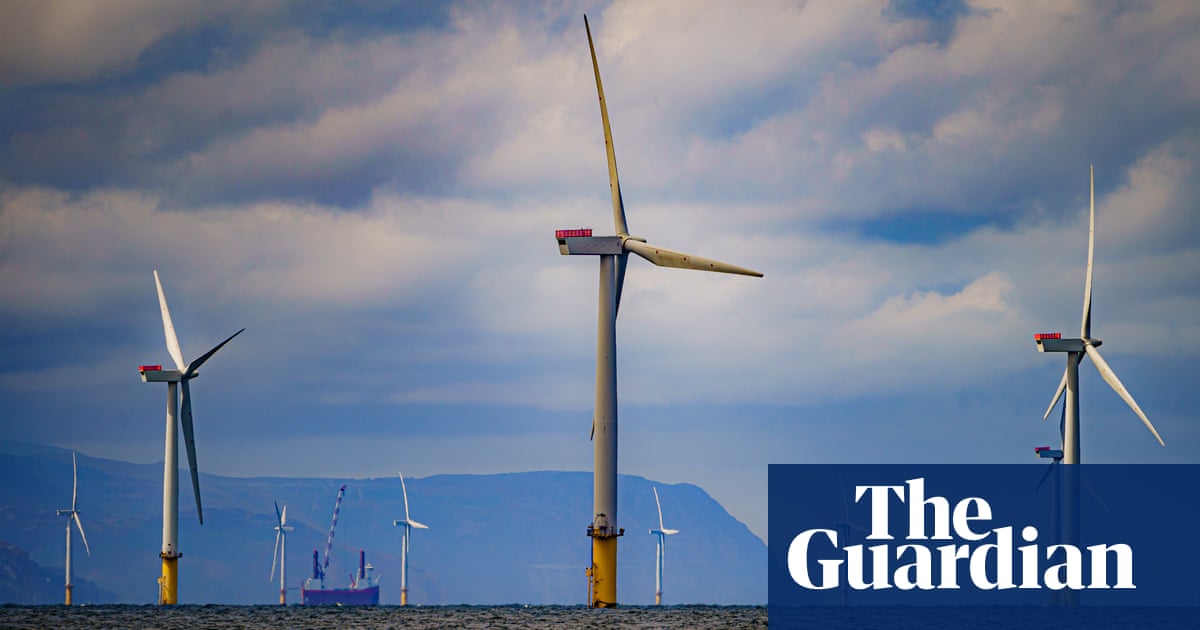Determining the success of an opera production used to be a straightforward matter: was it good, did it work. What happened on stage was paramount. Those questions remain key, not least to honour the artists taking part. When, as increasingly happens, a spokesperson comes on at the start with the verbal equivalent of a begging bowl, we cannot look away or block our ears. Nor should we. This was the case at Opera North last week, apologetically wrapped into a cast change announcement, before the company’s new production of Wagner’s The Flying Dutchman. At this critical point in the UK’s artistic life – a new week, a new cut – that desperate line of the poet Rilke comes to mind: “Who, if I cried out, would hear me among the angels’ hierarchies?” For hierarchies, to interpret freely, read local authorities, funding bodies, ministers of state, the government, the prime minister. Silence.
Even Opera North, exemplary in so many ways, awarded “Theatre of Sanctuary” status in 2022 “for going above and beyond to encourage understanding and compassion”, has not escaped the blade. Last autumn it announced restructuring and job losses. Performance numbers are down. No one yet knows what impact English National Opera’s partial relocation from London to Manchester will have. All these issues were constantly in mind during a musically strong, thoughtful but fragmentary production of Dutchman, conducted by Garry Walker, directed by Annabel Arden. The chorus and orchestra were magnificent throughout, as if straining every ounce of their collective energy to show what an opera company, working together, can do.
The production’s central idea is to harness the limbo of asylum to the curse that condemns a Dutchman to wander the seas for eternity unless saved by that slippery entity, the love of a good woman. For reasons that felt more like unfinished business than misconception, the two stories refused to forge and left aspects of the plot less than clear. Since the whole bizarre tale is mythical, this shouldn’t matter: a ghost ship can exist in any time, any place, including dry land. Each of the three acts is prefaced by words of locally based refugees, expressing the terrors and hopes of arrival in the UK. Action is switched from high seas to ship of state, namely the Home Office, with Daland, the prosperous sea captain, now home secretary. The role was delivered with sharp detail by that seasoned actor-singer Clive Bayley, in business suit and ID tag, wading through a sea of asylum-seeker admin.
In her cut-off denims, black tights and waistcoat, Layla Claire looked streetwise and potent as his obsessed daughter Senta, crazed with the belief that she alone can save the Dutchman. Alas, Claire’s house debut was thwarted by illness: the Welsh soprano Mari Wyn Williams, with impressive conviction, sang from the side. Robert Hayward, an imposing and world-weary stage presence, conveyed spooky menace as the “pale man” of the title. Molly Barker made much of the cameo role of Mary. The Lithuanian tenor Edgaras Montvidas, bright-toned and lyrical, was outstanding as Erik/Steersman, his arias a reminder of the Italianate elements in the score, so formative for Wagner at this point in his career. Joanna Parker’s minimal designs included a video of a grey-green sea, the image itself static, the waves frozen in turbulence. This bleak ocean suggests the Baltic that the young Wagner encountered on a stormy voyage from Riga, an inspiration for this, his first mature masterpiece, premiered in Dresden in 1843.

Wagner and Robert Schumann, wary rivals, lived briefly in that city at the same time. It was here, two years later, that Schumann’s only piano concerto was first heard, with his wife, Clara Schumann, as soloist. The Russian star pianist Daniil Trifonov performed the concerto at the Barbican last Sunday, with the London Symphony Orchestra conducted by Daniel Harding. This was Trifonov’s hotly anticipated return to the UK stage after an absence not of his making (visa delays have caused cancellations). Structured more as fantasy than standard concerto, the work starts with exuberance, noisy piano chords hurtling down the keyboard before the soloist falls silent then enters again, as if in a change of coat, in soft, reflective mood: Schumann’s two personalities, fiery and introspective, cast in a few moments of music. Trifonov’s singular virtuosity, muscularity and tenderness, this last so ingrained in Schumann’s generous but vulnerable imagination, made for a spellbinding account. Prominent woodwind solos added lustre.
The enlarged orchestra squeezed on stage for Mahler’s Symphony No 7, an 80-minute epic at once awkward and rumbustious, expansive and charming, now mawkish – those twingly-twangly guitar and mandolin passages, here unusually muted – now thunderous. Whip-crack pizzicatos, stratospherically high trumpet fanfares, echoing horn calls, rustic dances, sleazy waltzes, trundling cowbells like unintended noises off, a dazzling viola solo: how to make sense of a work that lurches from foreground to long shot in this quixotic, ungraspable manner. It can convince, or leave you baffled. I was somewhere in between in Harding’s intense, at times hard-driven performance, played with vigorous brilliance by the LSO.
ENO’s The Marriage of Figaro, conducted by Ainārs Rubiķis, directed by Joe Hill-Gibbins, designed by Johannes Schütz, in Jeremy Sams’s skilful translation, had one performance in March 2020 before pandemic lockdown. A revival, with a characterful cast – Mary Bevan (Susanna), Nardus Williams (Countess) and Hanna Hipp (Cherubino) leading the way – could not overcome the difficulties of playing this work as light farce. The fixed set consists of four doors, opening and shutting. Repeat. (It’s a long work. Calculate.) Still it’s worth it. Mozart’s music, tears and laughter in one note, one chord, one key change, always wins out.

Star ratings (out of five)
The Flying Dutchman ★★★★
LSO/Harding, Daniil Trifonov ★★★★
The Marriage of Figaro ★★★

.png) 2 months ago
24
2 months ago
24

